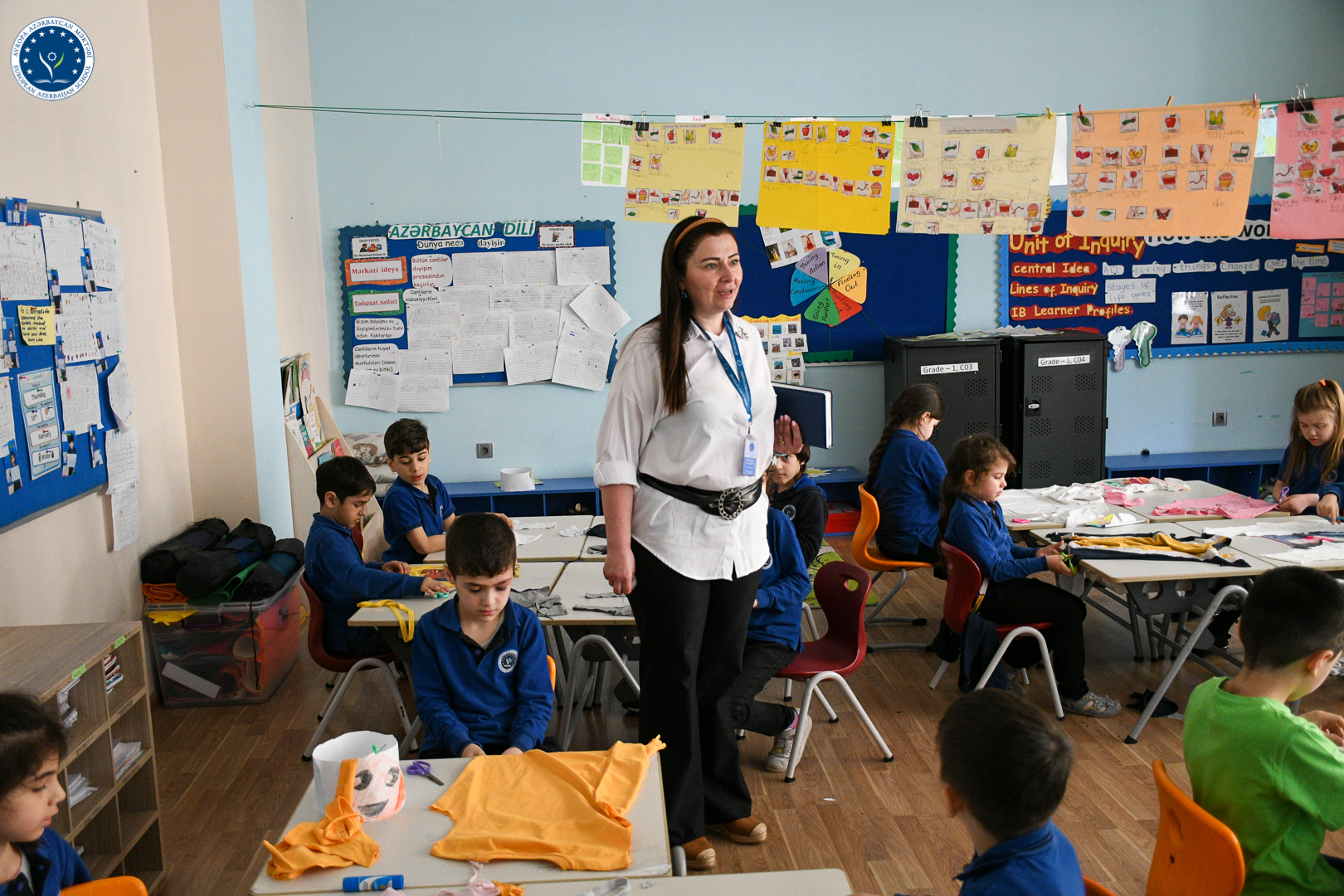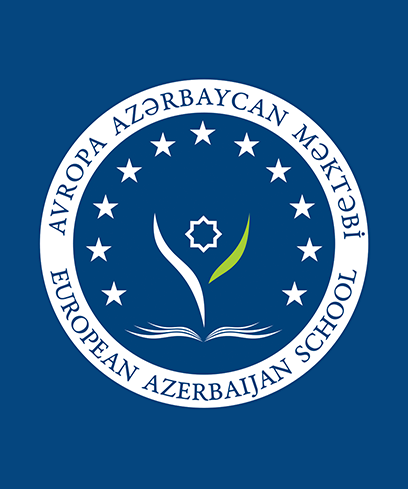HOW THE IB PROGRAMME IMPACTS OUR LIVES (COMPARING TO GCSE, IGCSE, AND A-LEVEL)
Choosing a school for children is one of the most challenging responsibilities for any caring parent. When choosing a school, our concerns are mostly about the quality of education and educational programmes, rather than the proximity of the schools to our home. In our globalized world, the choices for schools are broader and more variable. As parents, it is no longer as easy as it used to be to evaluate the options available and choose the best one for our children. Therefore, in this article, we will try to explain the advantages and disadvantages of the four most popular education systems (GCSE, IGCSE, A-Levels, IB) and guide you in your choice.
GCSE Programme (General Certificate of Secondary Education)
GCSE (General Certificate of Secondary Education) is a high school programme for children aged 14-16. It is a two-year programme for 10th and 11th grades. At the end of the second academic year, students take an exam in each subject. The curriculum consists of compulsory and elective subjects. Major subjects include English, literature, mathematics, biology, chemistry, physics, history, geography, and an additional foreign language. Elective classes include astronomy, art, programming, psychology, etc. includes 3-4 additional subjects.
Grading is set separately for each subject. Until 2018, the grading system was in letter format – from A * to G. In 2018, the Ministry of Education changed the grading system – letters were replaced by numbers from 9 to 1 (9 is the highest grade, 1 is the lowest grade). The high A * and A ratings are now equal to 9, 8, and 7. This distinction allows for a more accurate determination of a student’s academic performance level.
IGCSE Programme (International General Certificate of Secondary Education)
GCSE and IGCSE are very similar in structure and scope of subjects. In both programmes, the level of knowledge is determined by the number of subjects successfully completed. The choice of topics is similar to GCSE, but the IGCSE programme includes additional foreign languages and offers a total of more than 70 subject options. These subjects include compulsory subjects such as English, additional foreign languages, mathematics, natural sciences, and several elective courses that students can choose from as many as they want. On average, 5 to 14 compulsory subjects are taught. The IGCSE test is based on written exams and is considered stricter. All British universities accept IGCSE certificates as equivalent.
A-LEVELS Programme (GCE Advanced Level)
The A-Level programme consists of 45 subjects. Each student chooses 3-4 subjects from these subjects that are suitable for the future university speciality. The list of proposed subjects includes mathematics, physics, chemistry, biology, economics, accounting, business, English literature, politics, psychology, etc. For students who do not decide on the choice of speciality, classical subjects are recommended. The A-Level academic programme consists of two parts, each lasting 1 year. The programme includes 20-25 hours of lessons per week, including selected subjects and English lessons. After the first year of study, students receive an As-Level, and after the second year, an A2-Level. Upon completion of the programme, they take an exam to obtain an A-Level diploma.
IB Programme (International Baccalaureate)
The IB approach to education goes beyond the established framework of academic competence. It is a programme that seeks to develop students intellectually, emotionally, and socially by promoting individual learning, thinking, cultural awareness, and service. IB consists of four programmes in English, French, and Spanish for different age groups. The most well-known and widespread IB programme is the IB DP (IB Diploma) programme, which targets students aged 16-19. Students choose topics from 6 subject groups, provided that there is one subject from each group.




